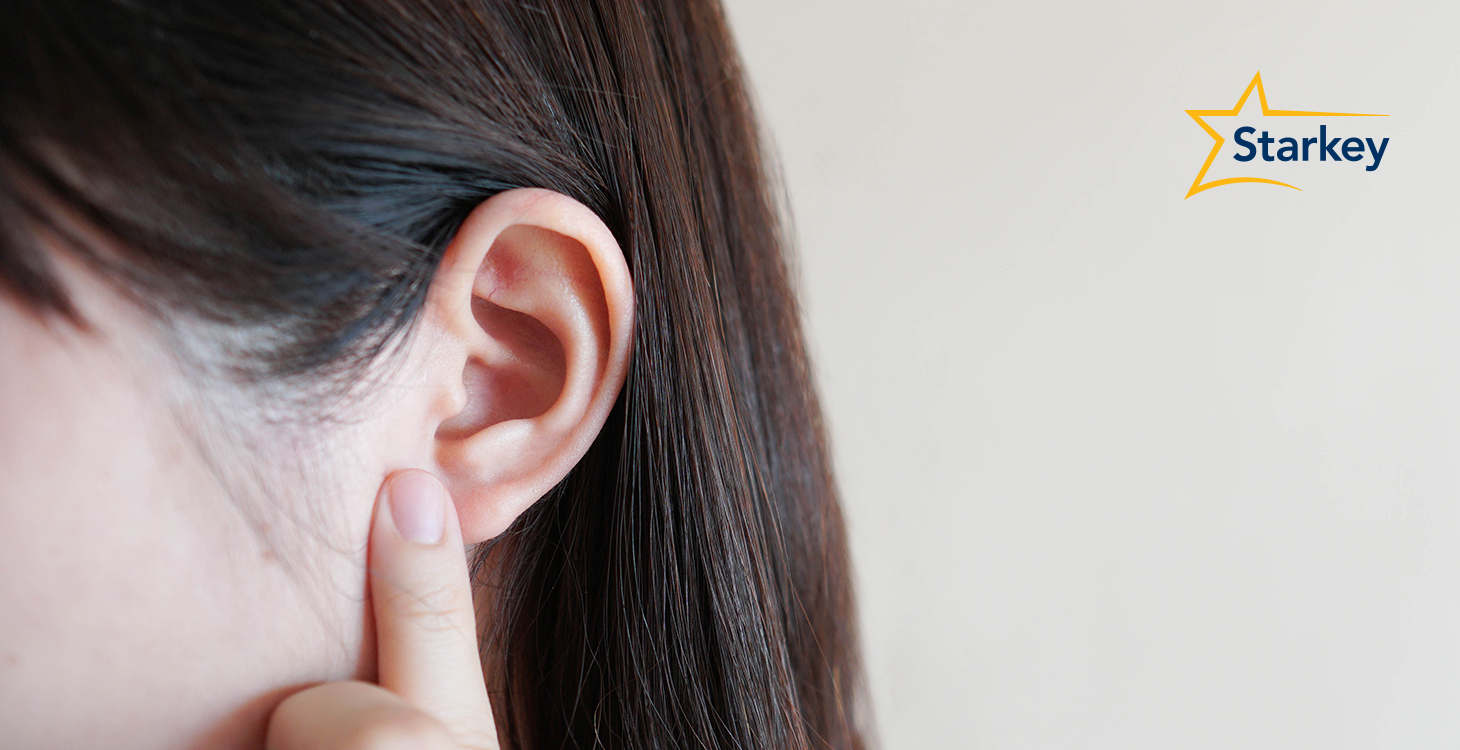Welcome to Tinnitus Awareness Week—an important time reserved for educating and providing support around tinnitus.
What is tinnitus? Tinnitus, a hearing health condition that impacts 10 to 25% of adults in the U.S., is characterized by the continuous sensation of ringing or other noise (buzzing, roaring, humming, etc.) in our ears when no other noise is present. This irritating ailment is commonly caused by age-related hearing loss, noise exposure, medications, ear wax, ear infection, and other ailments.
The prevalence of tinnitus increases as we get older, peaking at ages 60–69.
Truth be told, most people with tinnitus do have some level of hearing loss. Does that mean that hearing aids can help with tinnitus? You bet they can. Even though there currently is no cure for tinnitus, numerous studies have revealed positive results when tinnitus patients wear hearing aids.
In honor of Tinnitus Awareness Week, let’s dig into some of the key ways that hearing aids can help with tinnitus.
Top 3 ways hearing aids can help people with tinnitus:

1. Distracting from tinnitus through new sounds
Wearing hearing aids can help divert attention away from tinnitus noise by introducing “new” sounds we have long been deprived of due to hearing loss. These can include anything from the sound of our dog’s footsteps across the kitchen floor to the hum of the furnace to birds chirping out the window.
2. Reducing stress and fatigue
It’s no secret that tinnitus can impact our quality of life by causing tension, strain, and exhaustion—all of which wearing hearing aids can help alleviate. Research has shown that wearing hearing devices can significantly reduce daily listening-related fatigue. And with the benefit of better hearing and communication, we are more empowered to make social contact—a great stress-reliever when it comes to gaining much-needed support and distraction from overwhelm associated with tinnitus.
3. Masking tinnitus sounds
When tinnitus becomes relentlessly bothersome, Starkey hearing aids are your best bet for providing maskers.
What is a masker? A form of sound therapy, a masker is a continuous noise that plays through hearing aids to further distract from irritating tinnitus sounds.

Starkey’s Edge AI hearing aids feature all-new masker options that wearers can select based on preference and fine-tune anytime with help from their hearing care professional. Labeled “pink,” “brown,” “blue,” and “red” noises, each focuses on different frequencies of sound that can be modulated or varied and adjusted for volume using the My Starkey app. (Ocean sounds are also available to help with relaxation).
A hearing care professional makes using tinnitus maskers easy. They can add and adjust the maskers, plus counsel us on the best and safest use of the technology for maximum relief from our unique tinnitus.
Looking for tinnitus relief? Start by seeing a hearing care professional
So, if you or someone you care about has been experiencing tinnitus, there is no better time than right now—Tinnitus Awareness Week—to schedule an appointment with a licensed hearing care professional. They can evaluate the tinnitus and hearing loss and recommend the best treatment for individual needs.
Now if that doesn’t sound better than putting up with tinnitus (or hearing loss, for that matter), we don’t know what does.
To find a hearing care professional near you, simply type your zip code in here to see a list of providers you can connect with.
